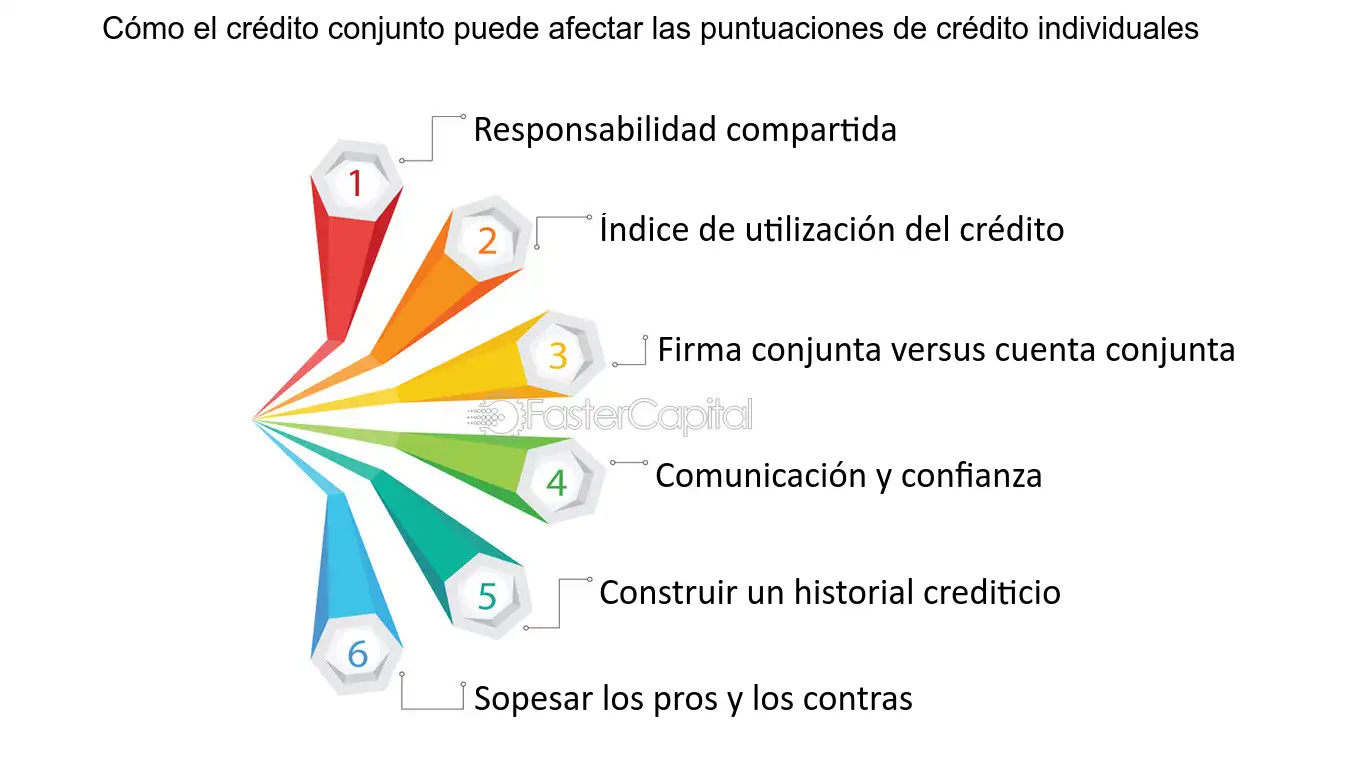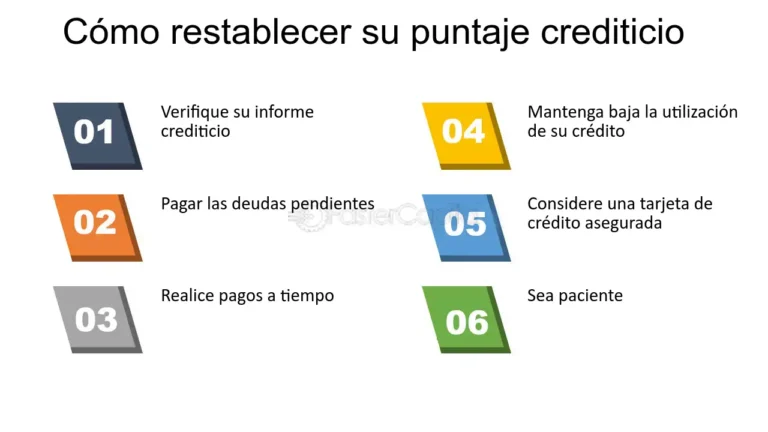cross country mortgage credit score requirements
✅Cross Country Mortgage often requires a minimum credit score of 620 for conventional loans, but offers flexible options for lower scores.
When applying for a mortgage with CrossCountry Mortgage, understanding the credit score requirements is crucial. Typically, CrossCountry Mortgage requires a minimum credit score of 620 for conventional loans. However, the exact credit score needed can vary depending on the type of mortgage and other factors such as the loan amount, down payment, and individual financial circumstances.
Navigating the mortgage landscape can be complex, especially when it comes to understanding credit score requirements. In this section, we will delve into the specific requirements set by CrossCountry Mortgage, providing detailed insights into how your credit score impacts your eligibility and loan terms.
Understanding Credit Score Requirements
Credit scores are a critical factor in mortgage approval processes. CrossCountry Mortgage uses these scores to assess the risk associated with lending to a borrower. Generally, the higher your credit score, the better the loan terms you can expect. Here are some key points to consider:
- Minimum Credit Score for Conventional Loans: For most conventional loans, CrossCountry Mortgage requires a minimum credit score of 620.
- FHA Loans: These government-backed loans typically have more lenient credit score requirements. CrossCountry Mortgage may approve FHA loans with credit scores as low as 580.
- VA Loans: For veterans and active military personnel, VA loans often have a minimum credit score requirement of 620, though some lenders may approve lower scores.
- Jumbo Loans: These loans, which exceed conforming loan limits, usually require higher credit scores, often starting at 700 or more.
Factors Influencing Your Credit Score
Several factors influence your credit score, and understanding them can help you improve your score before applying for a mortgage. These factors include:
- Payment History: Timely payments are crucial. Late payments can significantly lower your credit score.
- Credit Utilization: Keeping your credit card balances low relative to your credit limits is beneficial. Aim for a utilization rate of less than 30%.
- Length of Credit History: A longer credit history generally improves your credit score.
- Types of Credit: A mix of credit types (e.g., credit cards, installment loans) can positively impact your score.
- Recent Credit Inquiries: Multiple recent inquiries can lower your score. Try to avoid applying for new credit before seeking a mortgage.
Improving Your Credit Score
If your credit score is below the required threshold, there are several steps you can take to improve it:
- Review Your Credit Report: Obtain a copy of your credit report and check for errors. Dispute any inaccuracies with the credit bureaus.
- Pay Down Debts: Focus on paying down high-interest debts to reduce your credit utilization ratio.
- Make Timely Payments: Ensure all your bills are paid on time to build a positive payment history.
- Limit New Credit Applications: Avoid applying for new credit cards or loans in the months leading up to your mortgage application.
By understanding and meeting the credit score requirements set by CrossCountry Mortgage, you can enhance your chances of securing a favorable mortgage deal. In the following sections, we will explore other critical aspects of the mortgage application process and how to prepare yourself financially for homeownership.
Cómo mejorar tu puntaje de crédito para una hipoteca
When it comes to securing a mortgage, one of the most critical factors is your credit score. Lenders use this three-digit number to assess your creditworthiness and determine the interest rate you qualify for. If you’re looking to improve your chances of getting approved for a mortgage with favorable terms, focusing on boosting your credit score is key.
Why is Your Credit Score Important for a Mortgage?
Your credit score provides lenders with insight into your borrowing history and how likely you are to repay a loan on time. A higher credit score signifies to lenders that you are a responsible borrower, which can result in better loan terms, such as lower interest rates and higher loan amounts.
Ways to Boost Your Credit Score
If you’re wondering how to improve your credit score for a mortgage, consider the following strategies:
- Pay Your Bills on Time: Payment history is a significant factor in calculating your credit score. By making on-time payments for your existing debts, you can demonstrate to lenders that you are reliable and financially responsible.
- Reduce Your Credit Card Balances: High credit card balances relative to your credit limits can negatively impact your credit score. Aim to keep your credit utilization ratio below 30% to show lenders that you can manage credit responsibly.
- Limit New Credit Applications: Each new credit application results in a hard inquiry on your credit report, which can temporarily lower your credit score. Minimize the number of new credit applications before applying for a mortgage.
Case Study: Impact of Credit Score on Mortgage Rates
Research indicates that even a slight improvement in your credit score can lead to significant savings over the life of a mortgage. For example, increasing your credit score from 650 to 750 could potentially save you thousands of dollars in interest payments.
| Credit Score Range | Estimated APR |
|---|---|
| 620-639 | 5.5% |
| 640-659 | 4.8% |
| 660-679 | 4.2% |
| 680-699 | 3.9% |
| 700-759 | 3.6% |
As shown in the table above, the difference in APR between various credit score ranges can translate into significant savings for borrowers.
Conclusion
Improving your credit score is a proactive step you can take to enhance your chances of securing a favorable mortgage. By focusing on responsible credit management and timely payments, you can work towards achieving a higher credit score and potentially saving money on your mortgage in the long run.
Documentación necesaria para solicitar una hipoteca en Cross Country Mortgage
Documentación necesaria para solicitar una hipoteca en Cross Country Mortgage:
Al solicitar una hipoteca con Cross Country Mortgage, es fundamental contar con la documentación adecuada para agilizar el proceso y aumentar las posibilidades de aprobación. A continuación, se detallan los documentos clave que generalmente se requieren:
1. Identificación personal:
- Identificación oficial: como pasaporte o licencia de conducir.
- Seguro Social: para verificar tu identidad y situación financiera.
2. Información financiera:
- Historial crediticio: esencial para evaluar tu solvencia financiera.
- Declaraciones de impuestos: de los últimos años para demostrar ingresos.
- Estado de cuentas: como extractos bancarios y de inversiones.
3. Detalles de empleo e ingresos:
- Comprobantes de ingresos: tal como talones de pago o constancias laborales.
- Información laboral: incluyendo tiempo en el empleo actual y cualquier otro ingreso estable.
Presentar la documentación requerida de forma completa y precisa es fundamental para facilitar el proceso de aprobación de tu hipoteca con Cross Country Mortgage. Además, mantener un buen historial crediticio y tener tus finanzas en orden son factores clave para obtener las mejores condiciones en tu préstamo hipotecario.
Por tanto, es recomendable preparar con anticipación toda la documentación necesaria y asegurarse de cumplir con los requisitos de crédito establecidos por la entidad para aumentar tus posibilidades de obtener la aprobación deseada.
Frequently Asked Questions
What credit score do I need to qualify for a mortgage with Cross Country Mortgage?
You typically need a credit score of 620 or higher to qualify for a mortgage with Cross Country Mortgage.
Can I get a mortgage with Cross Country Mortgage if I have a low credit score?
It may be possible to qualify for a mortgage with Cross Country Mortgage if you have a low credit score, but you may need to pay a higher interest rate or make a larger down payment.
Does Cross Country Mortgage offer options for first-time homebuyers?
Yes, Cross Country Mortgage offers programs and loans specifically designed for first-time homebuyers to help make the process easier.
What documents do I need to apply for a mortgage with Cross Country Mortgage?
Typically, you will need to provide documents such as pay stubs, tax returns, bank statements, and identification when applying for a mortgage with Cross Country Mortgage.
Can I pre-qualify for a mortgage with Cross Country Mortgage?
Yes, Cross Country Mortgage offers pre-qualification services to help you understand how much you may be able to borrow before you start house hunting.
What types of mortgage loans does Cross Country Mortgage offer?
Cross Country Mortgage offers a variety of loan options, including conventional loans, FHA loans, VA loans, USDA loans, and jumbo loans.
- Credit score requirement: 620 or higher
- Options for first-time homebuyers
- Documents needed: pay stubs, tax returns, bank statements, identification
- Pre-qualification services available
- Loan options: conventional, FHA, VA, USDA, jumbo
Leave a comment below if you have any more questions about Cross Country Mortgage’s credit score requirements or check out our other articles for more information on mortgages!







